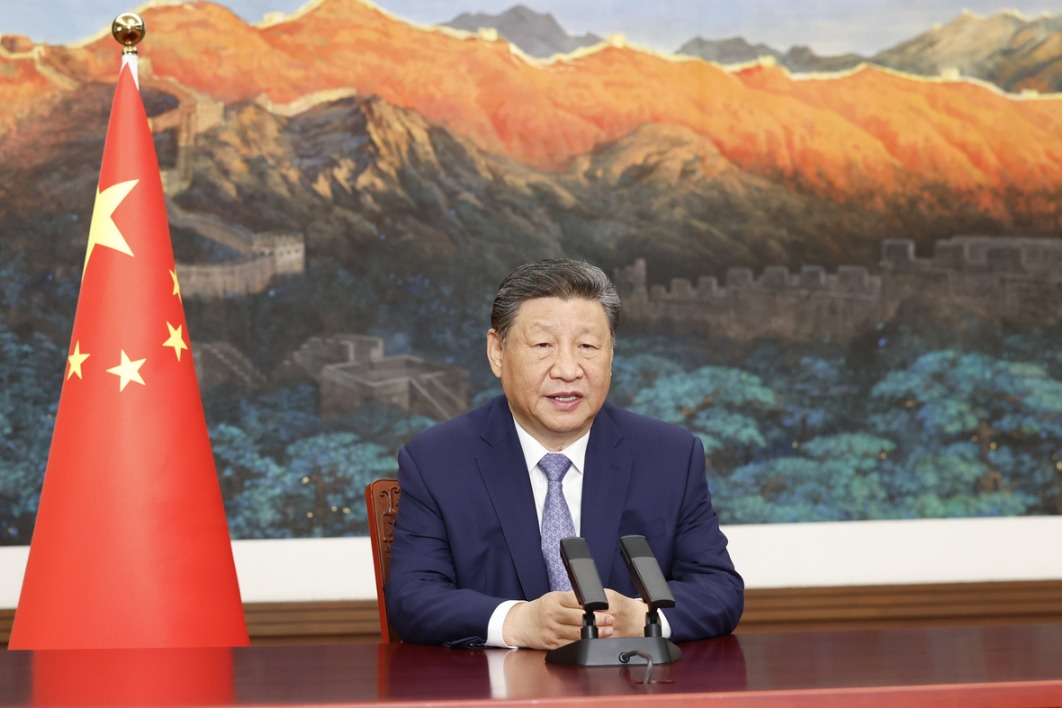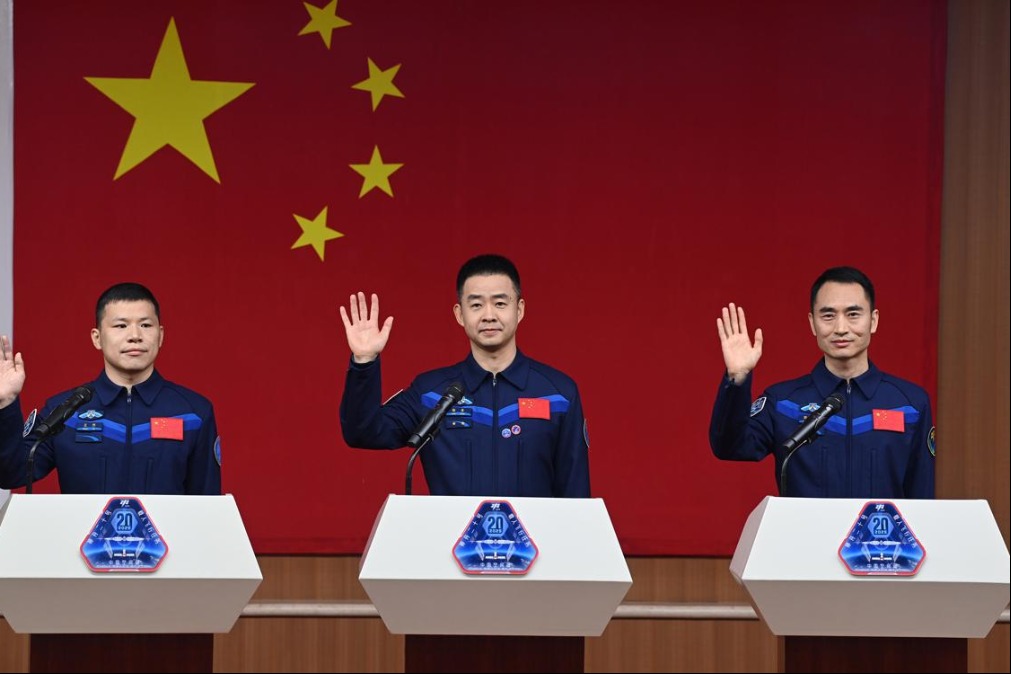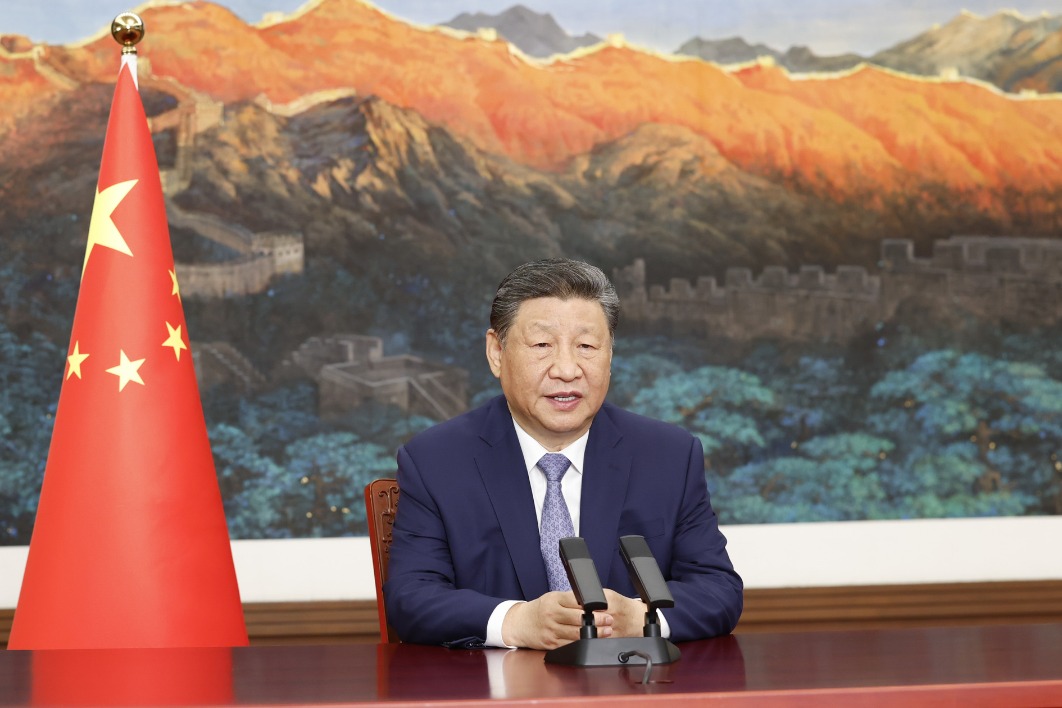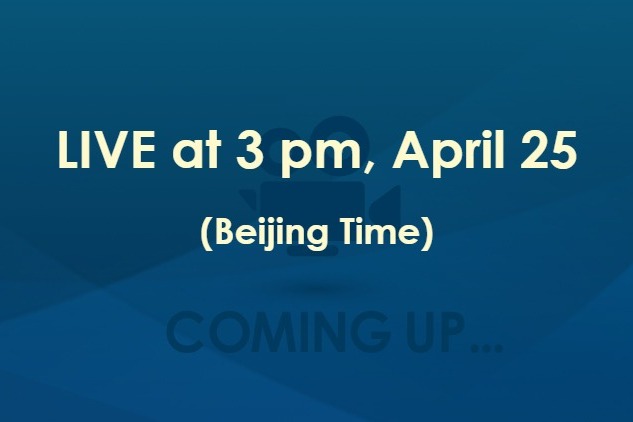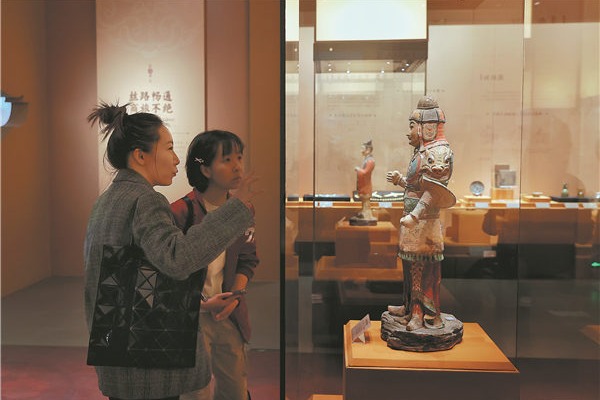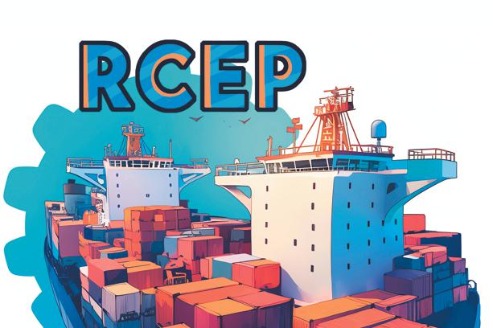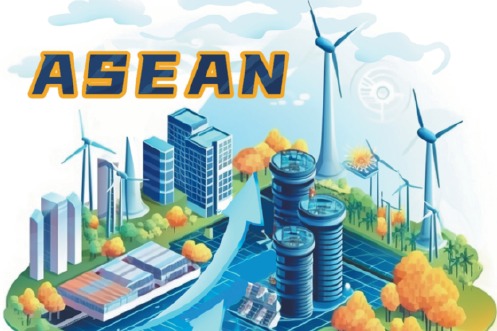Time ripe for Global South to step up


The tectonic shifts in global trade are not limited to Washington and Beijing — their ripple effect is shaking the foundations of economies across the Global South.
China, once dismissed as the "world's factory", has evolved into the anchor of many developing economies. Its Belt and Road Initiative has brought infrastructure where no one else would invest. Its markets have become critical destinations for commodities, textiles, and electronics from countries such as Bangladesh, Vietnam, Kenya, and Peru. For many, China is no longer just a partner — it is the engine pulling them forward.
But trade wars don't recognize nuance. Tariffs levied on China will have a ripple effect. When supply chains falter, it's not just factories in Guangzhou that will go dark — it's also the port in Colombo, the garment line in Dhaka, and the mining town in Zambia. The US might target China, but the collateral damage lands squarely on the developing world, endangering jobs, currency stability, foreign investment, and the fragile hope of industrialization.
The US seems to be rewriting the rules it once enforced, not with diplomacy but with directives. Developing countries remember this playbook: it's the same one used during structural adjustments, when "liberalization" meant dependency. But today, the Global South is more informed, more connected, and less willing to be pawns in great power games.
Asia, in particular, finds itself at a crossroad. The ASEAN, India, Pakistan, Central Asia — all have diverse relationships with both China and the US. What they seek is not alignment with one or the other, but stability, access, and respect in a multipolar world.
The US-China rivalry is forcing choices that developing nations do not want to make. Do we invest in Huawei or fear sanctions? Do we export to China and risk offending Washington, or vice versa?
China's response has been one of outreach — seeking economic alliances in Africa, Latin America, the Middle East, and Southeast Asia. It brings opportunities but also needs to address concerns about equality. The other developing countries should negotiate with clarity, ensuring robust and fair partnership.
If the rules of trade are no longer rules but tools of coercion, then developing countries will be the first to suffer. From World Trade Organization being sidelined to the International Monetary Fund's politicization, global institutions risk becoming weapons in a new Cold War.
However, as the economic confrontation between the United States and China shakes the foundations of world trade, a new question arises: what if Asia and the Global South refused to be spectators and instead chose to become architects of a new order?
The rise of China as a formidable economic force has already diversified the options for trade and investment.
To gain "true teeth", regional trade blocs must build mechanisms for conflict resolution, tariff standardization, digital infrastructure sharing, and labor mobility. Most importantly, they must see regional trade as a strategic shield against external volatility.
Imagine if countries in Africa and Latin America jointly invested in green technology supply chains, reducing their reliance on European or US patents. Or if ASEAN and South Asian nations jointly created food security mechanisms and emergency reserves insulated from external shocks.
One of the most underestimated effects of the US-China trade war is the erosion of global trust. Agreements can no longer be assumed to be binding. Commitments can be reversed by elections or populist waves. For countries in the Global South, this unpredictability has profound consequences. Aid gets frozen. Market access is revoked. Sanctions appear without warning.
But in this collapse of trust lies a hidden opportunity.
The time is ripe to imagine a different economic future — one where prosperity is not extracted from the periphery for the benefit of the center, but one where the periphery becomes a network, generating its own innovations, financing its own growth, and setting its own rules.
This model would not abandon globalization — it would redefine it.
Think of an economic belt stretching from Morocco to Malaysia, linked by renewable energy grids, AI-driven logistics, and mobile banking. Think of a trade model where goods are not just exported, but co-created, with intellectual property shared and adapted. Think of a Global South that is no longer fragmented and dependent, but integrated and interdependent — on its own terms.
This century, contrary to the headlines, is not for the US to reclaim. It is for the world to shape — and the Global South to lead. But leadership requires courage. If Asia and the developing world refuse to simply choose sides in someone else's rivalry and instead choose to write new rules, then trade becomes more than just commerce — it becomes a platform for sovereignty, justice, and shared prosperity.
So the question is no longer,"Who will lead the world?" but,"What are we waiting for to step up and shape it ourselves?"
The author is a Peshawar-based political and foreign affairs analyst, and secretary general of Pakistan-China Friendship Association, Khyber Pakhtunkhwa Chapter.
The views don't necessarily reflect those of China Daily.
If you have a specific expertise, or would like to share your thought about our stories, then send us your writings at opinion@chinadaily.com.cn, and comment@chinadaily.com.cn.
















